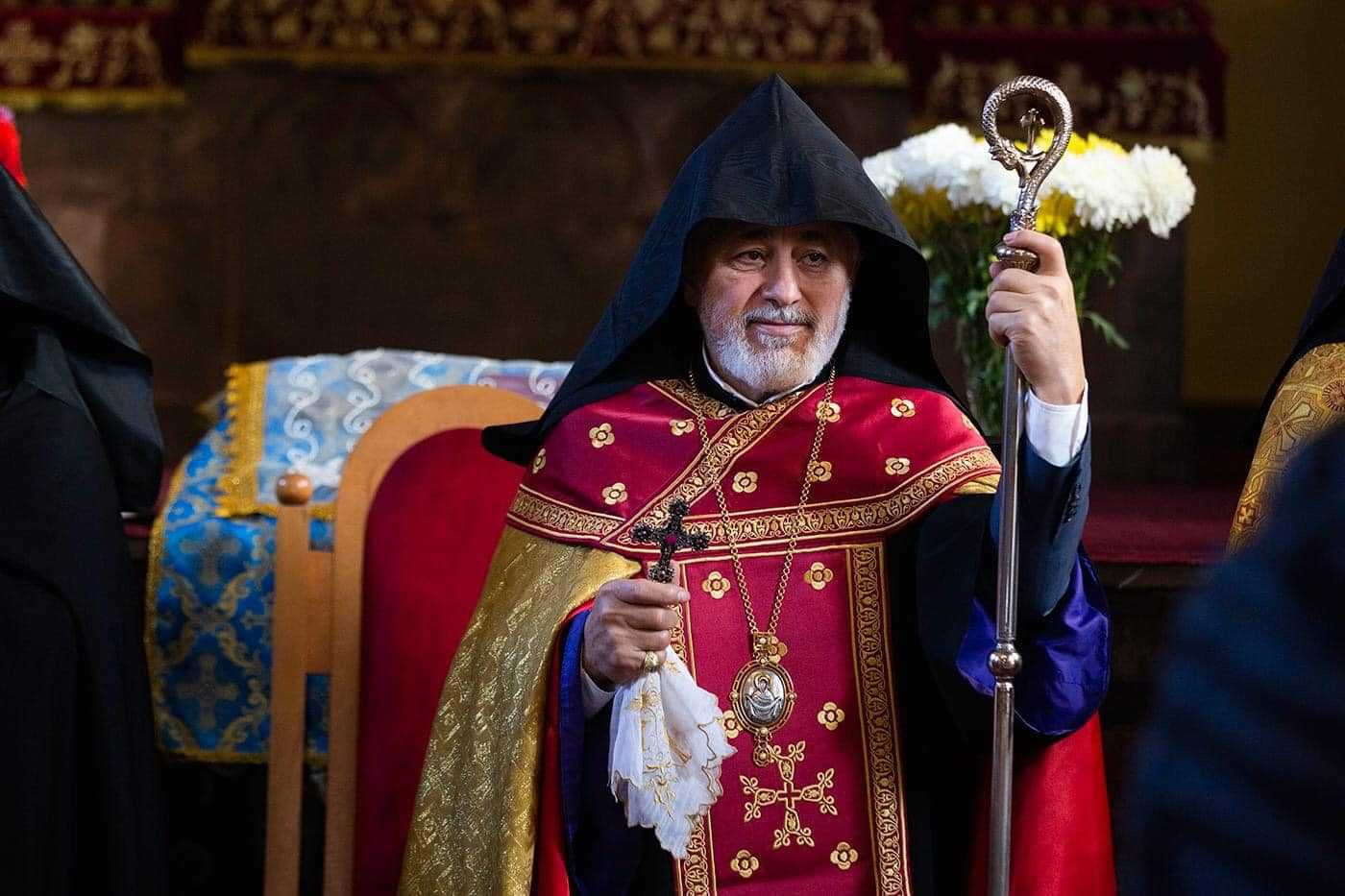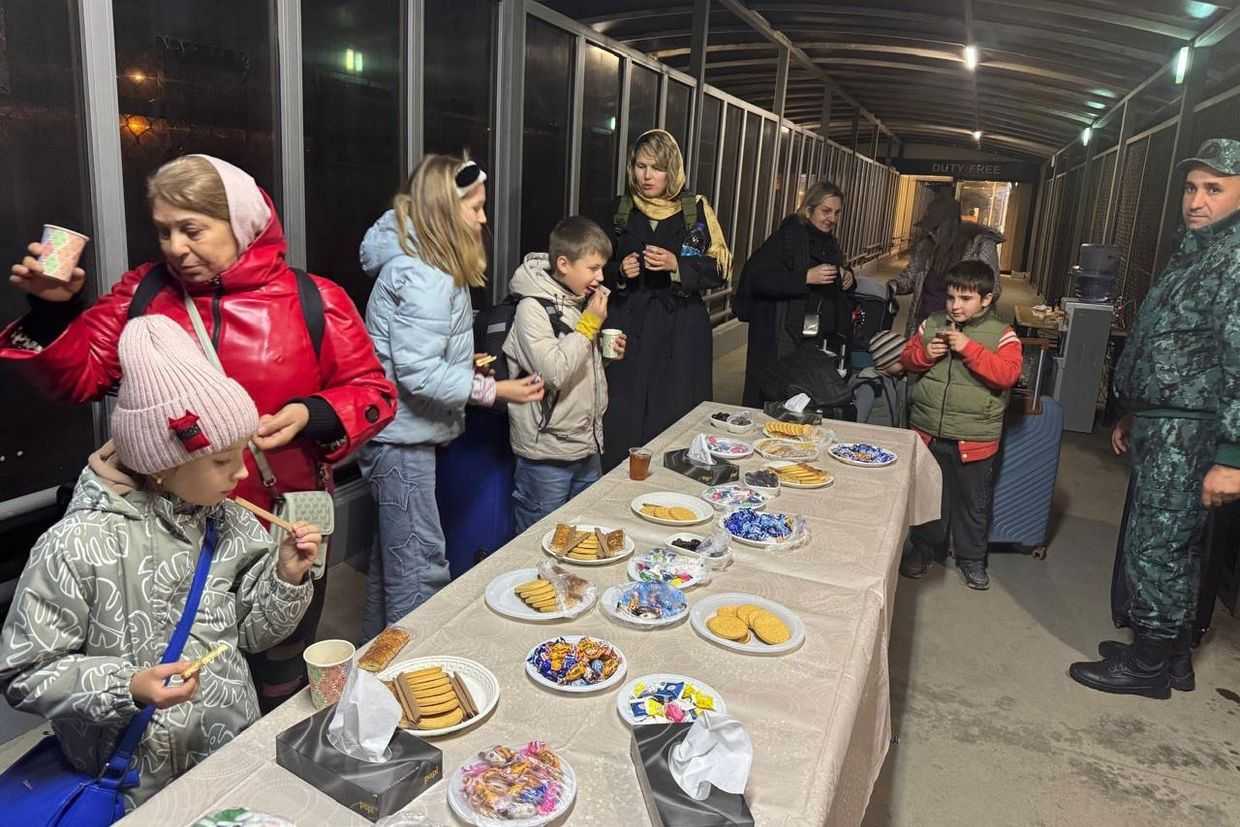
Empty streets and increasing shortages of food and fuel have gripped Nagorno-Karabakh as it enters its seventh month under blockade, after Russian peacekeeper traffic was banned from entering and leaving the region.
Local authorities announced on 4 July that sugar and sunflower oil rations would be provided only to families with children.
Stepanakert’s milk processing plant has also shut down due to a shortage of raw products from Armenia, with the main supplies of dairy products to Nagorno-Karabakh’s capital becoming those from the surrounding villages.
Russian peacekeeping vehicles were blocked from entering the region in late June, after a clash between Nagorno-Karabakh and Azerbaijan which killed four soldiers from Nagorno-Karabakh.
[Read more: Nagorno-Karabakh calls for negotiations to halt after four killed]
Russian peacekeeping vehicles had been the only supplier of fuel to the region, and their absence has led to severe fuel shortages and a ban on selling fuel. As a result, the normally busy streets of Stepanakert have fallen silent, a city home to more than 50,000 disturbed only by the sound of Russian peacekeeping helicopters passing overhead.
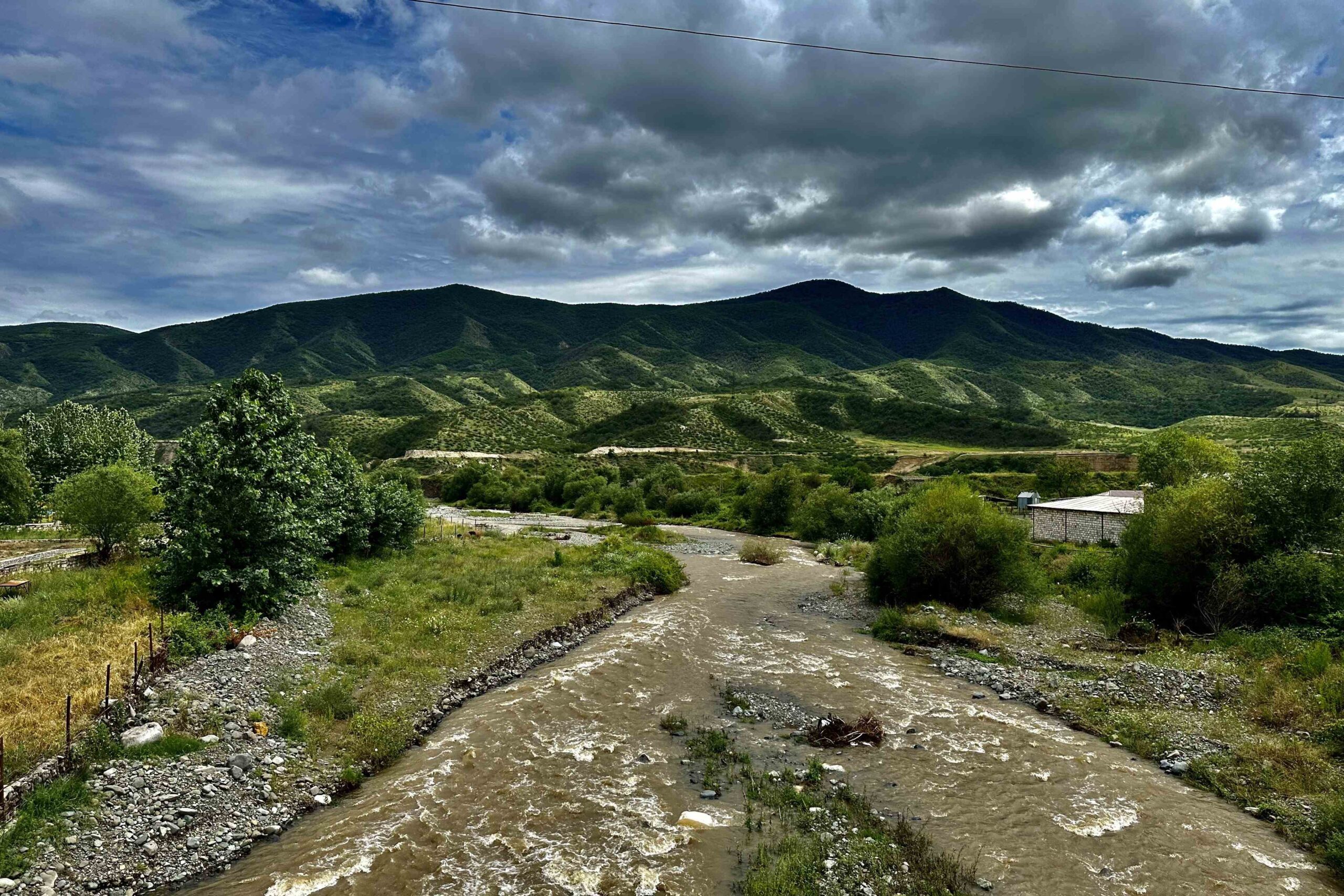
A common joke in Stepanakert, since the total blockade of the land traffic for Russian peacekeepers, is that the helicopters cross the city more often than public transport, bringing beer and crisps from Armenia for Russian peacekeeping forces that remain within the region.
Currently, the Red Cross is the only organisation allowed to pass through the corridor, and only to move people needing urgent medical assistance to hospitals in Armenia.
‘Impossible to live’
‘Food is not the only thing that is missing’, says Zhenya Arakelyan, from the village of Chanyatagh (Janyatag) in the Martakert District. The border region near the village was one of the hotspots in the June clash.
‘There is no water to grow vegetables, public transport goes to Stepanakert once a day, but does not even stop to pick up the children, because the bus is so full you can’t drop a needle in there’, Arakelyan tells OC Media.
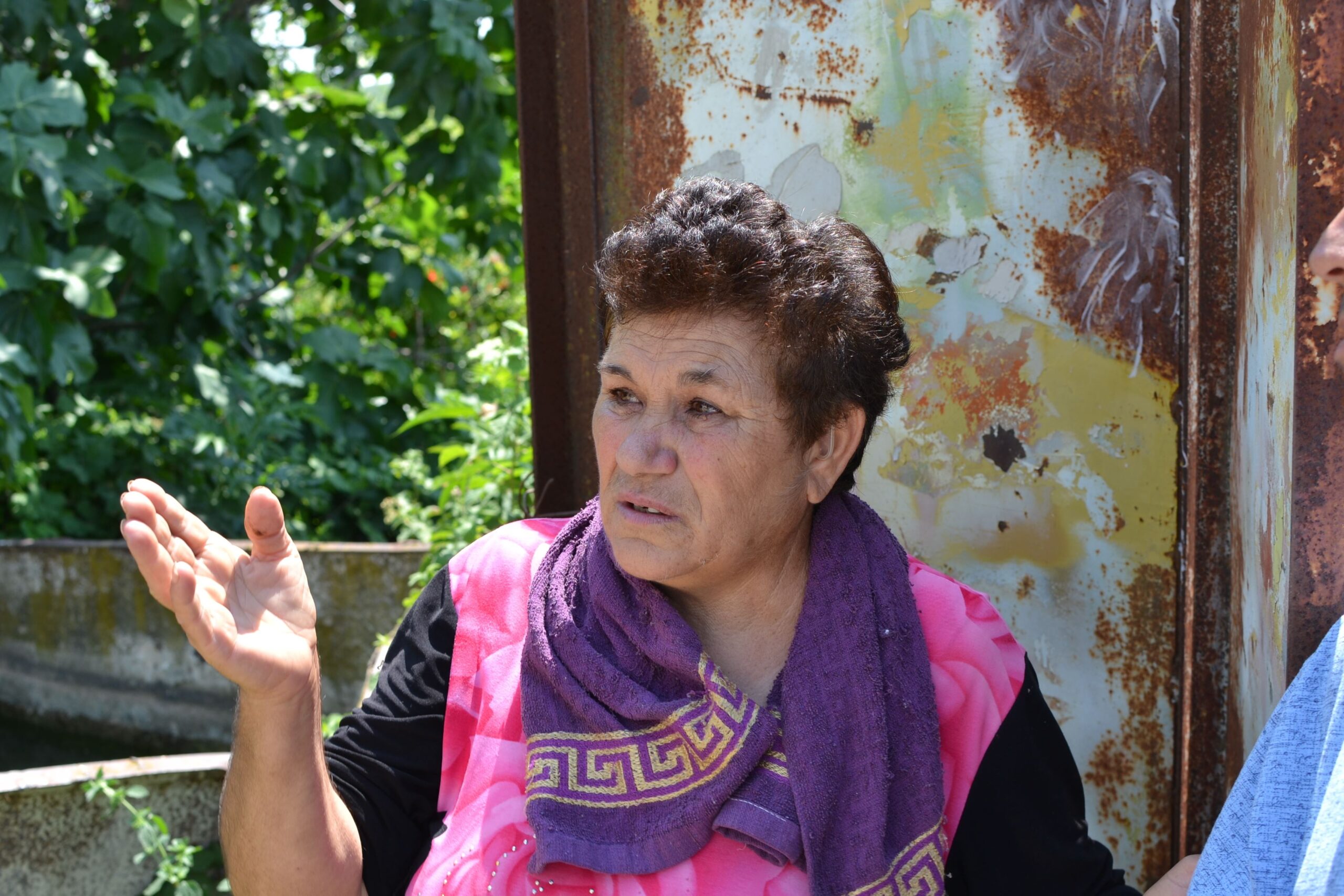
Water levels in Nagorno-Karabakh’s Sarsang reservoir have fallen significantly since the blockade began as a result of increasing demand for hydropower electricity, aggravated in recent weeks by an ongoing drought.
[Read more: Energy crisis looms in Nagorno-Karabakh as reservoir levels fall]
‘No fuel. We can’t keep cattle. I can’t even keep chickens because the price of wheat has also increased. There’s been no salt in our village for more than 20 days, we share it with our neighbours. It’s impossible to live’.
Since the blockade of the Lachin Corridor began in December 2022, blocking the sole road in and out of the region, Nagorno-Karabakh has faced a series of shortages of a number of staple foods and medicine, and the government has imposed rationing to save remaining supplies.
But shortages continue to mount; since last week, people in Nagorno-Karabakh have reported that bread is newly absent in local shops.
According to authorities, the region still has stored supplies of flour, but other problems have slowed down bread production. One of the main causes of the recent bread shortage is the lack of fuel, which drove bakeries to deliver bread to the shops once a day instead of three times as before, triggering panic buying.
Nonetheless, Arakelyan is dismissive of expressions of concern by authorities.
‘Who cares about the people? Nobody!’, she declares.
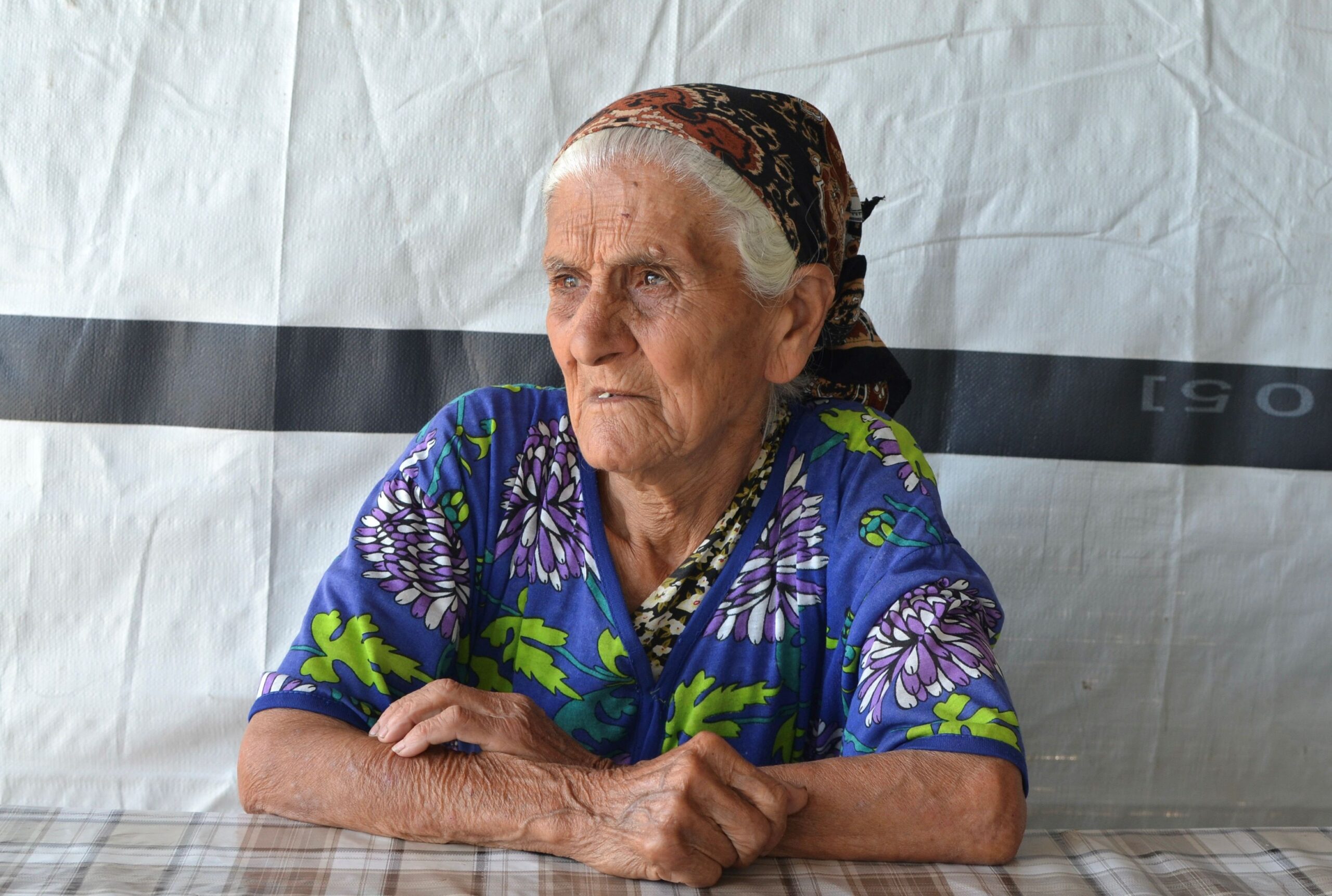
‘I just want to eat our dry bread and vegetables in our village, in our house. I don’t want anything else’, says Greta, 73.
‘I’ve lived here all my life, I already have great-grandchildren. I fear for them the most when they shoot. What are they guilty of?’ asks Greta. ‘The entire forest is under the control of the Azerbaijanis [since the Second Nagorno-Karabakh War]. We cannot keep livestock’.
‘How will we evacuate the children?’
‘Machine guns have become normal for us’, says Ruzanna Hakobyan from the village of Kichan (Balligaya), ‘but it was terrifying when they started shelling’.
The 28 June clash between Nagorno-Karabakh’s and Azerbaijan’s forces took place near the village of Kichan, with the women and children of the village taking cover in the bomb shelters throughout the hostilities.
‘I have a daughter, I don’t want to talk about this topic with her, I’m afraid to affect her mental health. Nowadays everything spreads quickly through social networks; fear and panic rise among people. Nonetheless, I don’t want to live anywhere else’, says Hakobyan.
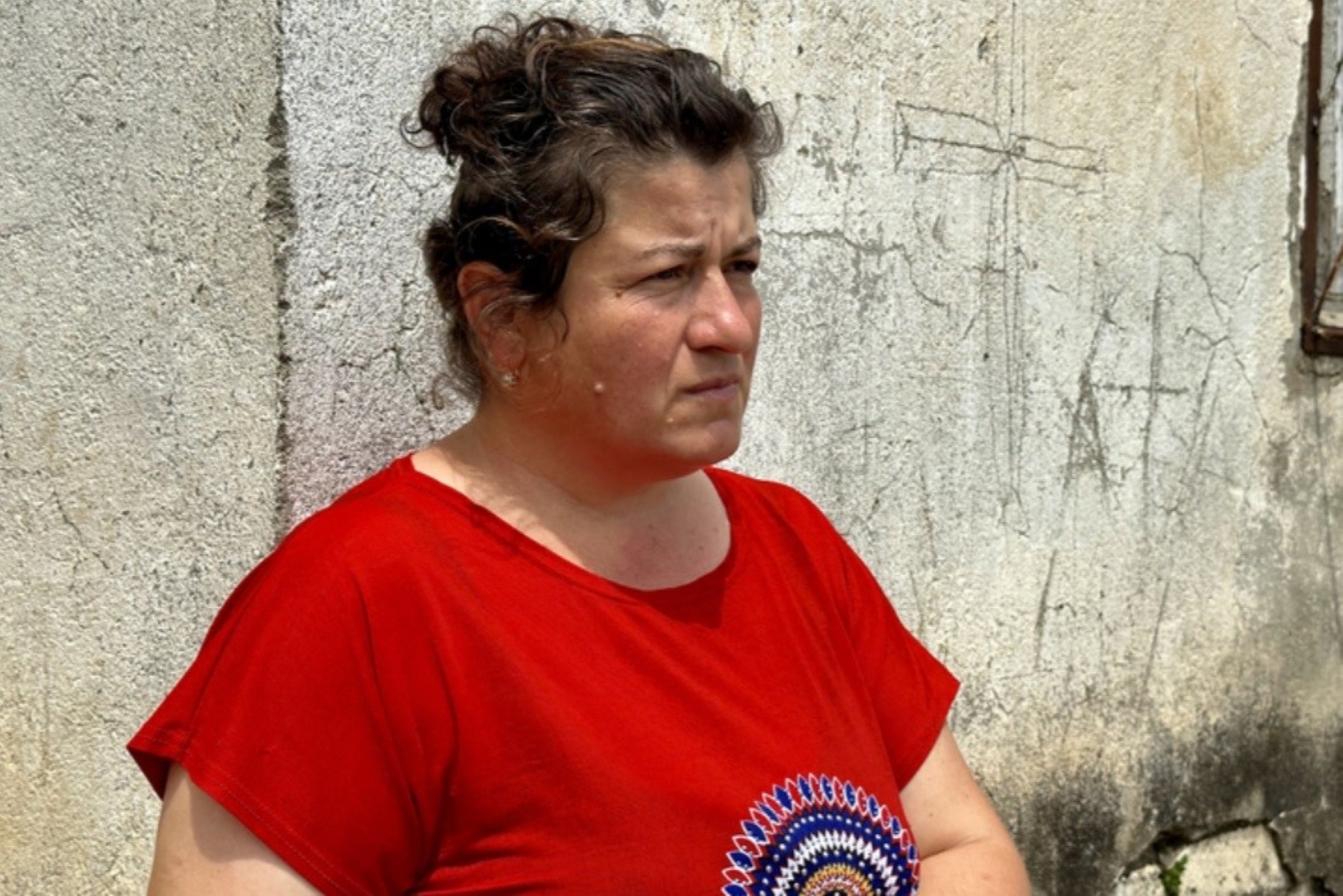
‘I’m worried about the children’, she says, ‘there is not even fuel. God forbid, if there is a new escalation, how are we going to evacuate them?’
Tensions between Azerbaijan and Armenia and Nagorno-Karabakh have increased dramatically in the past month, with Azerbaijani state media suggesting that a new ‘Revenge operation’ in the region is likely.
[Read more: Azerbaijani state media warns of ‘inevitable’ military operation in Nagorno-Karabakh]
On Wednesday, Azerbaijan’s president, Ilham Aliyev, called on Armenia to pull its forces out from Nagorno-Karabakh, dismissing Yerevan’s claims that it does not have a military presence in the region. Aliyev stated that the ‘military and paramilitary units’ should be disarmed.
For ease of reading, we choose not to use qualifiers such as ‘de facto’, ‘unrecognised’, or ‘partially recognised’ when discussing institutions or political positions within Abkhazia, Nagorno-Karabakh, and South Ossetia. This does not imply a position on their status.


